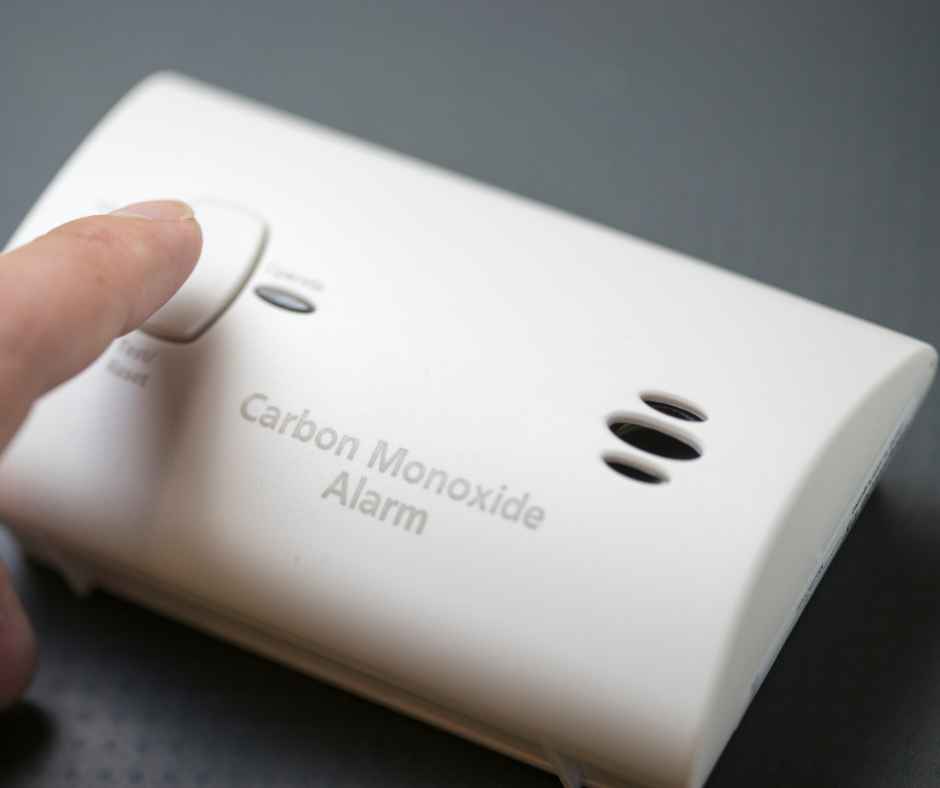& Nassau County
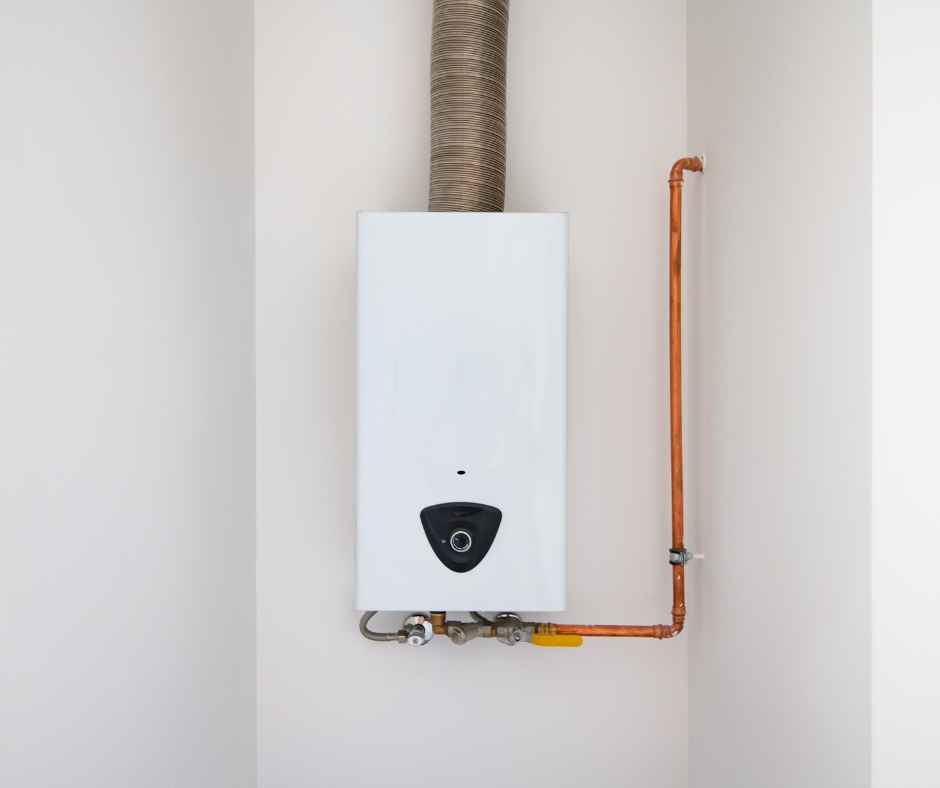
Traditional vs. Tankless Water Heaters: Which Is Better for Long Island Homes?
November 13, 2025
When it comes to keeping your Long Island home comfortable and efficient, your water heater plays a major role. From morning showers to laundry and dishwashing, hot water is something most homeowners can’t go without for long. If your current system is showing signs of age or inefficiency, you may be wondering whether it’s time to upgrade and whether a traditional or tankless water heater is the better choice.
Both options have clear benefits, but the right solution depends on your household size, energy goals, and budget. Understanding how each system works will help you make a smart investment that fits your family’s needs and your home’s layout.
In this blog, we’ll break down the pros, cons, and key differences between traditional and tankless water heaters, with insights tailored to Long Island homes.
Understanding the Two Types of Water Heaters
Before deciding which system is best for your home, it helps to understand how traditional and tankless water heaters operate.
Traditional water heaters use a large storage tank to heat and store a set volume of water, usually between 40 and 80 gallons. The unit keeps that water hot at all times, ready for use whenever you turn on a tap. These systems are widely used, relatively affordable, and can support multiple fixtures running simultaneously.
Tankless water heaters, also known as on-demand systems, heat water only when it’s needed. Instead of storing hot water in a tank, they use high-powered burners or electric elements to heat water as it passes through the unit. This design eliminates the need for standby heating and provides an endless supply of hot water, as long as the system is properly sized for the household’s needs.
For Long Island homeowners, the choice often comes down to lifestyle and energy priorities. Families with higher hot water demands may prefer the consistency of a traditional tank, while smaller households or energy-conscious homeowners may find a tankless model offers better long-term value.
Benefits of Traditional Water Heaters
Traditional water heaters remain a popular choice for many Long Island homeowners. Their straightforward design, lower upfront cost, and reliable hot water supply make them a practical option for families with steady daily water needs.
Key Advantages of Traditional Water Heaters
- Lower upfront cost: Traditional water heaters are generally less expensive to purchase and install than tankless systems, making them a good option for budget-conscious homeowners.
- Easier installation and replacement: Most Long Island homes already have the plumbing and gas or electric connections needed for a tank-style system. Installation is quick and typically completed in a single day.
- Consistent hot water supply: A properly sized storage tank can deliver enough hot water for multiple showers, laundry cycles, and dishwashing all at once.
- Simple maintenance: Routine tasks like flushing the tank, checking the anode rod, and verifying temperature settings keep the unit running efficiently with minimal effort.
- Proven and reliable technology: Traditional systems use familiar, time-tested designs. Parts are widely available, and most plumbers can service them easily.
In short, traditional water heaters deliver consistent performance at an affordable cost. For households with higher water usage or limited installation budgets, they remain a dependable and proven option.
Benefits of Tankless Water Heaters
Tankless water heaters have become increasingly popular across Long Island as homeowners look for ways to improve energy efficiency and maximize space. Instead of storing hot water in a tank, these systems heat water only when it is needed, providing a steady, on-demand supply.
Key Advantages of Tankless Water Heaters
- Endless hot water: Because tankless systems heat water as it flows through the unit, there is no running out during long showers or back-to-back use. The supply remains continuous as long as demand does not exceed the system’s capacity.
- Improved energy efficiency: Tankless units eliminate standby heat loss, meaning they only use energy when hot water is required. This can significantly lower monthly utility bills compared to traditional storage models.
- Compact design: Tankless water heaters are wall-mounted and much smaller than storage tanks. Their compact size saves floor space and allows for flexible installation in tight areas.
- Longer lifespan: With proper maintenance, a tankless system can last up to 20 years or more, nearly double the lifespan of many traditional water heaters.
- Cleaner, fresher water: Since tankless units do not store standing water, there is less risk of sediment buildup or rust contamination over time.
For Long Island homeowners looking to improve efficiency, reduce energy costs, or free up utility space, tankless water heaters offer a modern and sustainable solution that delivers reliable comfort year-round.
Key Considerations for Long Island Homeowners
Before deciding between a traditional or tankless water heater, it’s important to consider how your home’s size, water usage, and local conditions affect performance. Long Island’s seasonal climate and water quality can influence both efficiency and maintenance needs.
Local Climate and Water Temperature
Long Island winters bring colder incoming water, which means water heaters must work harder to reach the desired temperature. Tankless systems may take slightly longer to deliver hot water when temperatures drop, while traditional tanks maintain a ready supply regardless of outdoor conditions.
Household Size and Water Usage
- Large families or multi-bath homes: A traditional storage tank may be better for households that use several fixtures at once, such as multiple showers and appliances.
- Smaller households or low-demand homes: A tankless system can provide continuous hot water without wasting energy maintaining a full tank.
Water Quality and Maintenance
Long Island water tends to have moderate hardness, which can lead to mineral buildup inside water heaters over time. Regular flushing is important for both types, but tankless systems are especially sensitive to scale buildup. Professional descaling and maintenance will keep either option running efficiently.
Energy Source and Home Setup
Your home’s existing infrastructure plays a major role in installation cost and feasibility. Tankless systems may require upgraded gas lines, venting, or electrical connections. Traditional water heaters typically connect to existing systems with minimal modification.
Quick Comparison by Lifestyle
- Busy families: Traditional tank for steady hot water during high demand.
- Couples or small households: Tankless system for energy savings and on-demand performance.
- Eco-conscious homeowners: Tankless option for long-term efficiency and reduced energy use.
- Budget-minded homeowners: Traditional tank for lower upfront cost and easy installation.
Understanding these factors helps you choose the water heater that best fits your household’s comfort needs, efficiency goals, and long-term budget.
Cost Comparison and Long-Term Value
When choosing between a traditional and a tankless water heater, cost often becomes the deciding factor. While both systems can provide reliable hot water for Long Island homes, they differ significantly in upfront investment, operating costs, and long-term savings.
Upfront Costs
Traditional water heaters are generally less expensive to purchase and install. The average installation cost is lower because most homes are already equipped for a tank-style setup. Tankless water heaters typically have a higher initial price and may require additional upgrades such as gas line adjustments, venting, or electrical work.
Operating and Maintenance Costs
Tankless units are more energy-efficient because they only heat water when needed, which reduces monthly energy bills. Over time, this efficiency can offset the higher purchase price. Traditional water heaters, on the other hand, continuously heat and reheat water in the tank, which increases utility costs. Both systems require periodic maintenance, but tankless models benefit most from professional descaling in areas with hard water.
System Lifespan and Value
- Traditional water heaters: Average lifespan of 8 to 12 years with regular maintenance.
- Tankless water heaters: Can last up to 20 years or more when properly maintained.
While tankless systems cost more initially, their longer lifespan and energy efficiency often make them a better long-term investment for homeowners planning to stay in their homes for many years.
Lifetime Cost Summary
- Traditional system: Lower initial cost, higher monthly utilities, shorter lifespan.
- Tankless system: Higher initial cost, lower monthly utilities, longer lifespan, and greater efficiency.
For many Long Island homeowners, the decision comes down to short-term affordability versus long-term savings. Considering your home’s energy use, budget, and water demand will help determine which system provides the best overall value.
Choosing the Right System with NH Ross
Selecting the best water heater for your Long Island home is about finding the right balance between comfort, efficiency, and cost. Because every household uses hot water differently, the most reliable way to make the right choice is through a professional assessment.
The licensed plumbers at NH Ross have extensive experience installing and maintaining both traditional and tankless systems. Their team evaluates key factors such as your home’s water usage, available energy sources, plumbing setup, and long-term energy goals to recommend the ideal system for your needs.
When you work with NH Ross, you get:
- Expert recommendations: Honest guidance based on your home’s layout, family size, and budget.
- Professional installation: Proper setup ensures safety, performance, and warranty protection.
- Maintenance support: Scheduled service to keep your system efficient and extend its lifespan.
- Energy efficiency insight: Advice on rebates and long-term savings opportunities available on Long Island.
Whether you are upgrading to a modern tankless model or replacing an older traditional system, NH Ross ensures your new water heater is installed correctly and optimized for lasting performance.
If your current water heater is struggling to meet your family’s needs or driving up your utility bills, now is the time to explore your options. Contact NH Ross today to schedule a consultation and find the perfect water heating solution for your home.
FAQs About Traditional and Tankless Water Heaters
Can a tankless water heater supply enough hot water for a large family?
Yes, but the system must be properly sized for your household’s needs. Larger families may need a higher-capacity unit or multiple tankless systems installed in parallel to ensure consistent water flow during peak demand.
Do tankless water heaters work well in Long Island’s colder months?
They do, but colder incoming water can slightly reduce flow rate or delay heating. Professional installation ensures the system is sized and configured to handle Long Island’s winter temperatures efficiently.
How often should I flush my water heater?
Both traditional and tankless systems benefit from annual flushing. In areas with hard water, such as parts of Long Island, cleaning the system every six months helps remove mineral buildup and maintain efficiency.
Are there energy rebates for installing a tankless water heater on Long Island?
Yes. Many local utilities and state programs offer rebates or tax credits for upgrading to energy-efficient systems, including tankless water heaters. Your NH Ross technician can help you find current incentives available in your area.
Which water heater lasts longer: traditional or tankless?
A tankless water heater typically lasts up to 20 years or more with regular maintenance, while traditional tank systems usually last between 8 and 12 years. The longer lifespan and reduced energy use make tankless units a strong long-term investment for many homeowners.
Recent News
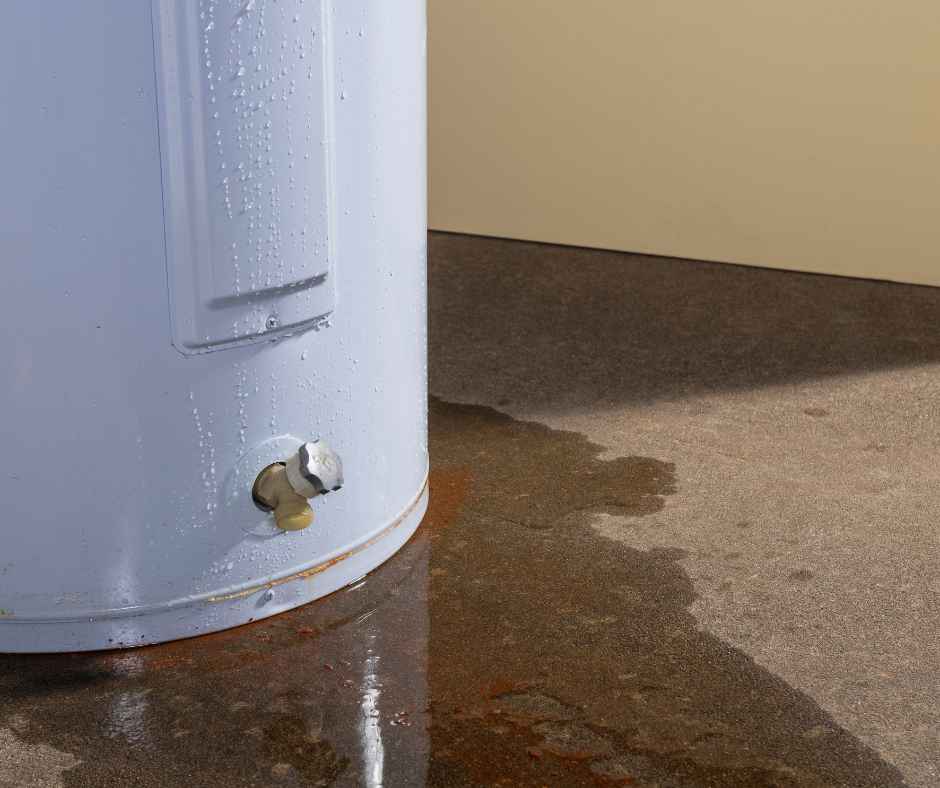
Leaking Water Heater Warning Signs Every Long Island Homeowner Should Take
February 12, 2026
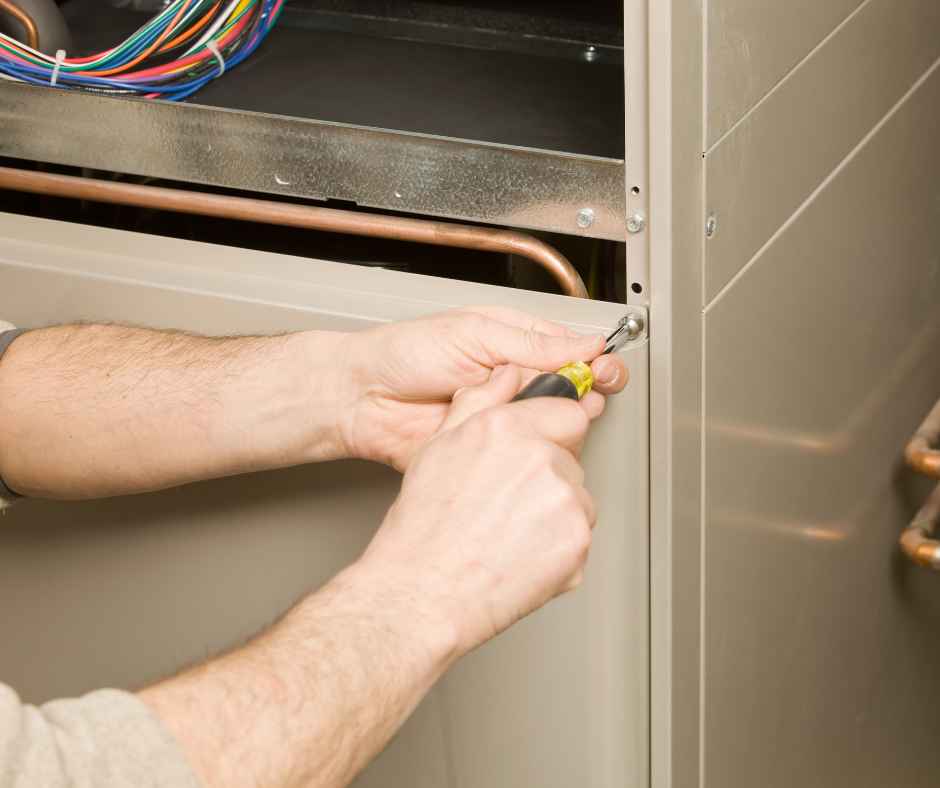
The Homeowner’s Diagnostic: Is Your Heating System a “Money Pit” or an Easy Fix?
January 20, 2026

Preventing Frozen Pipes on Long Island: What Homeowners Need to Know
December 8, 2025
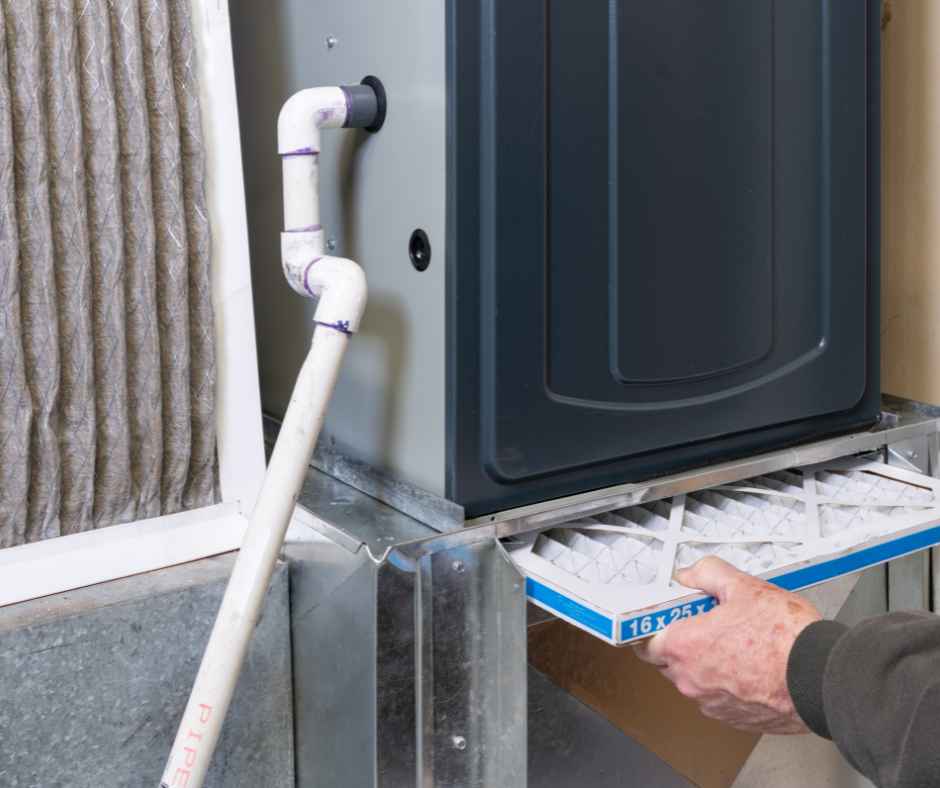
Why Heating Maintenance Saves Long Island Homeowners Money
October 24, 2025
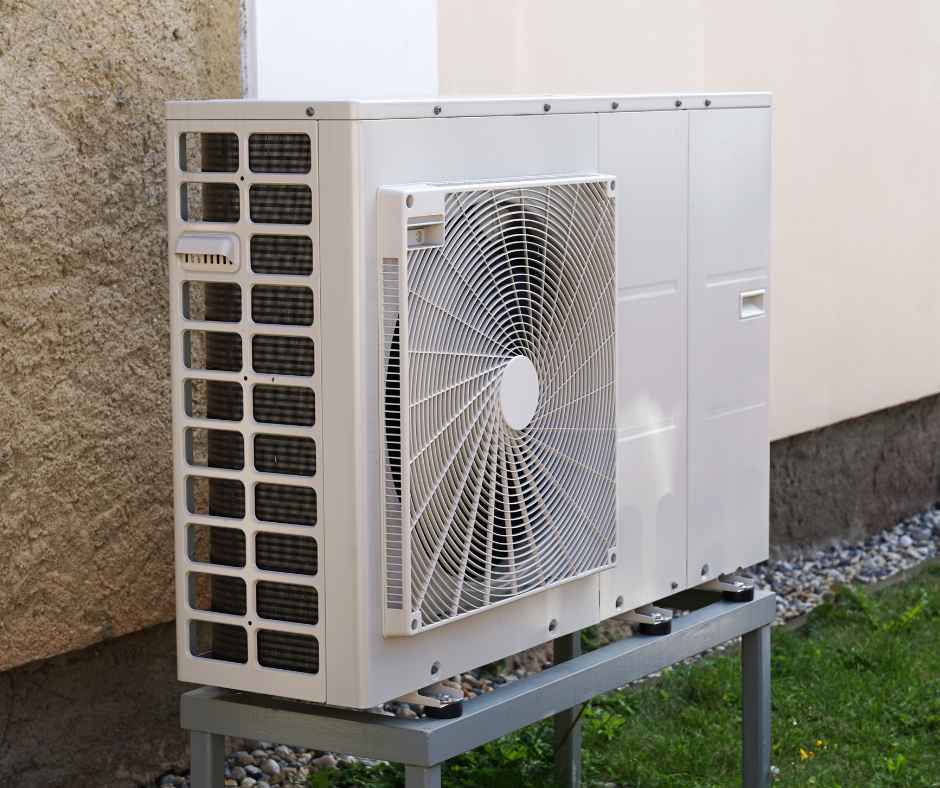
PSEG Heat Pump Water Heaters & Heat Pump Systems: Efficiency, Savings, and Rebates
September 24, 2025
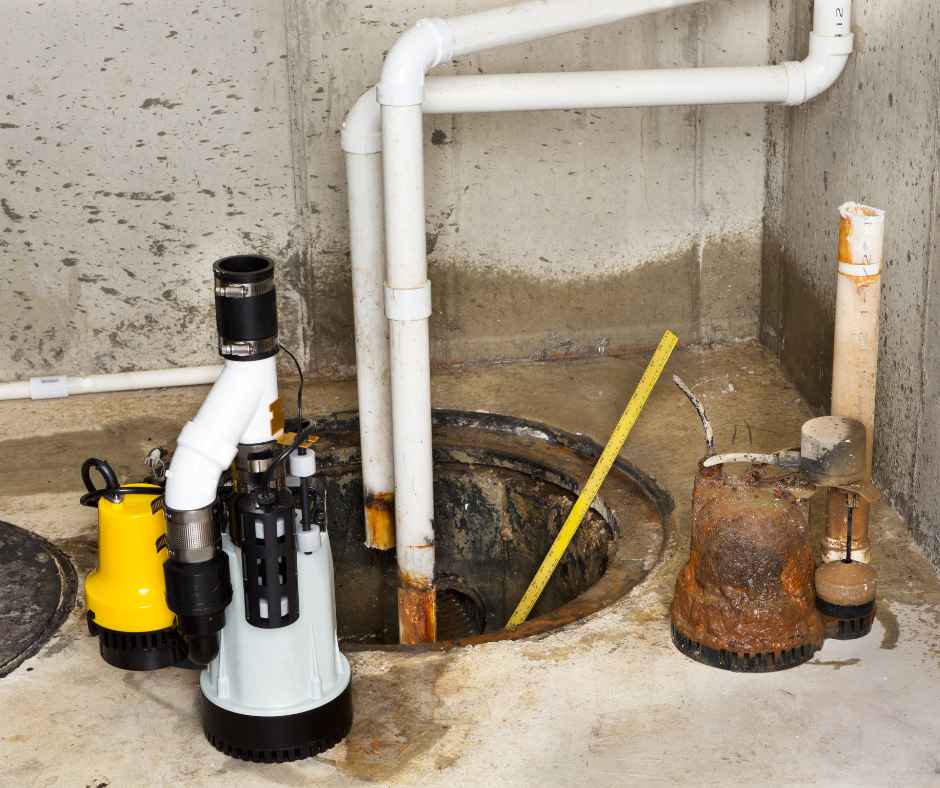
How to Know When It’s Time to Replace Your Sump Pump Before It’s Too Late
September 10, 2025
